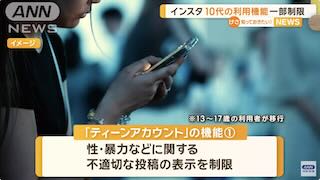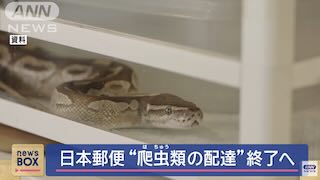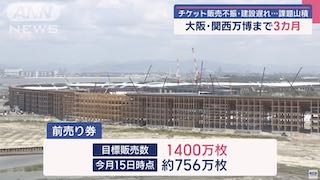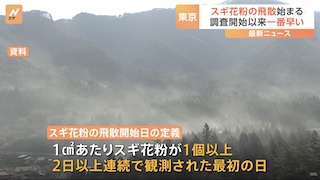Aug 02 (Japan Today) - With two months to go before the consumption tax hike, the government released a document Thursday spelling out cases regarding food and drinks purchased at theme parks, saying they will be taxed at 10 percent if consumed at tables, but 8 percent if consumed while walking.
The government will raise the tax from the current 8 percent to 10 percent from Oct 1, but daily necessities such as food, nonalcoholic beverages and newspapers delivered to homes will be exempt from the hike. Dining out will incur a 10 percent charge, but food purchased and taken out from restaurants will be taxed at the current 8 percent.
In answering public questions about food and drinks bought and consumed at amusement parks such as Tokyo Disneyland and Universal Studios Japan, the National Tax Agency said they will be taxed at 8 percent as long as their purchasers do not sit down at tables or use chairs controlled by the restaurants to consume them.
At ballparks, it will be 8 percent for food a person purchases at a shop inside and eats in spectator seats, but 10 percent if it is eaten at tables controlled by the ballpark restaurants.
Restaurants at such facilities, if they are equipped with tables and chairs, must ask a customer whether he or she would like to use them before charging.
Regarding set menu items of food and a drink, which are often offered at fast-food chains, the agency said even if a purchaser decides to drink the beverage in the restaurant but takes out the food, the purchase as a whole will be considered as dining out and thus the 10-percent tax will be applied.















